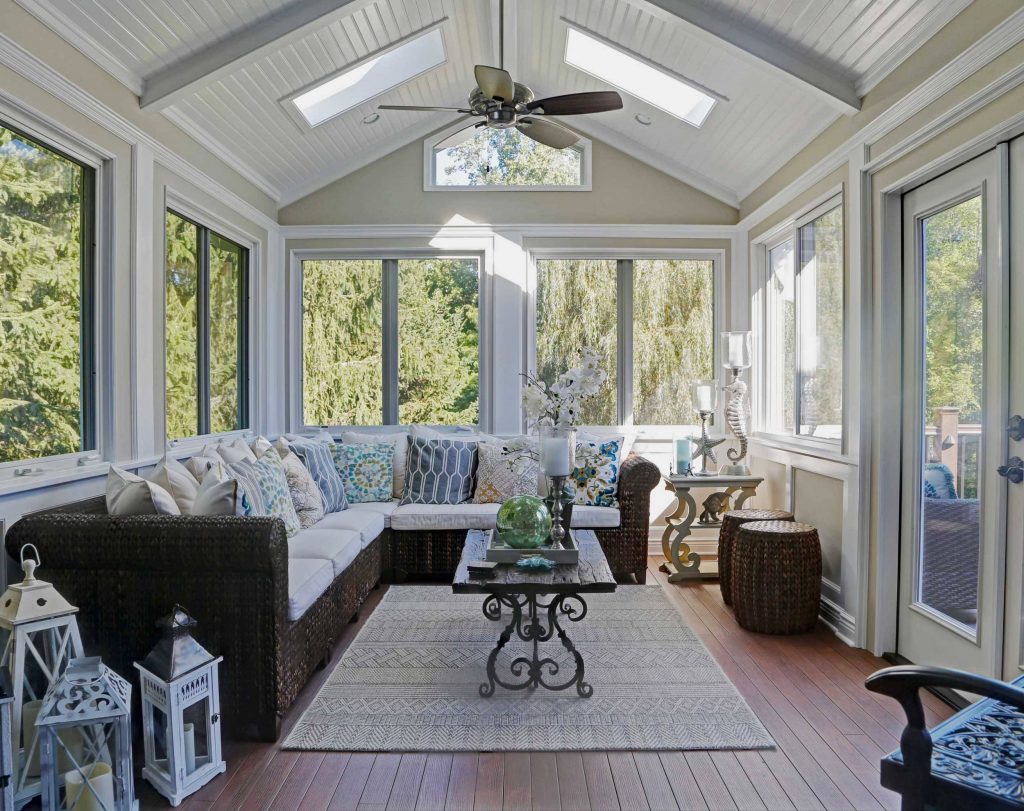Sunrooms are a popular choice for homeowners looking to add new living space to their homes without the large-scale commitment of a full-blown addiction. Sunrooms are often situated at the back of the house, where they are less visible from the street and can be designed to look like windowed walls from the outside. Inside, sunrooms often have a cathedral ceiling and can include built-in furniture. A sunroom is a living space that can be added to your home without the commitment of an addition. A screen enclosures in Utica, MI, often has a cathedral ceiling and can include built-in furniture.
Environmental Advantages of Screen Patio Enclosures
Screen Patio Enclosures are a great way to add a new dimension to your outdoor space. They are also an excellent way of protecting your family and property from the sun, insects, and other outdoor hazards.
They are designed with a transparent screen that allows you to enjoy the outdoors without worrying about the bugs or the sun. You can also enjoy the benefits of natural light while still being protected from harsh UV rays.
The design of Screen Patio Enclosures also includes an air vent that helps keep your space cool in warmer climates. They come in many different colors and styles, so you can find one that best suits your needs!

Screen patio enclosures are an excellent way to enjoy the outdoors in the comfort of your own home. They offer many environmental advantages over other types of patio enclosures. Screen Patio Enclosures are an excellent way to protect the environment from harsh weather conditions.
These enclosures provide shade and shelter from the sun and rain. They can also be used as a windbreak, which is especially useful in areas with a lot of wind. Screen Patio Enclosures also protect birds, insects, and other small animals that might be nesting nearby.
The main advantages of Screen Patio Enclosures are the following:
- They help to reduce energy consumption by blocking out light and heat.
- They help to reduce air pollution by keeping dust out of the air.
- They help to reduce noise pollution by providing insulation against noise from traffic or construction sites.
- They help reduce water consumption by minimizing water evaporation through the screens themselves and their ability to block rainwater runoff.

